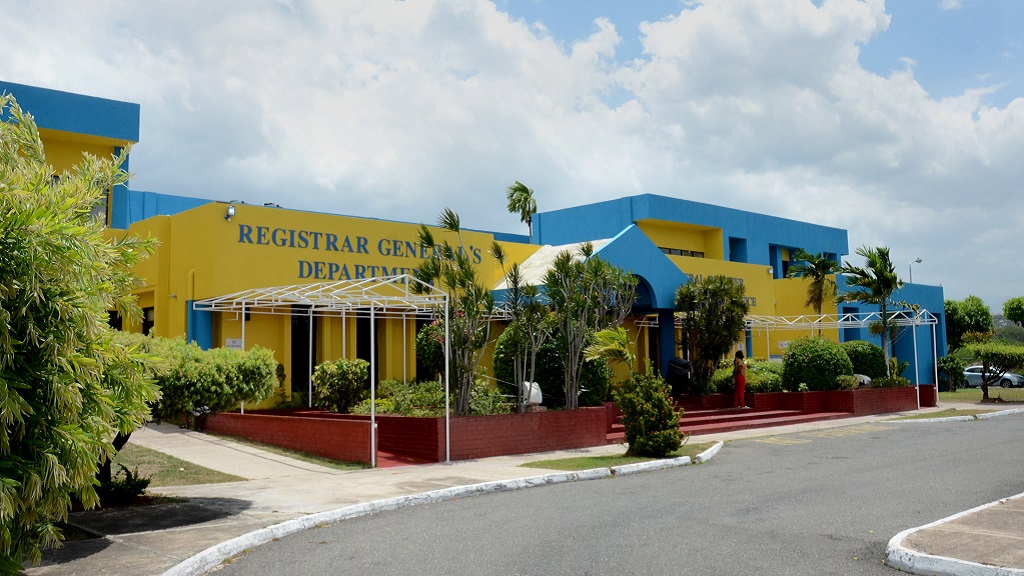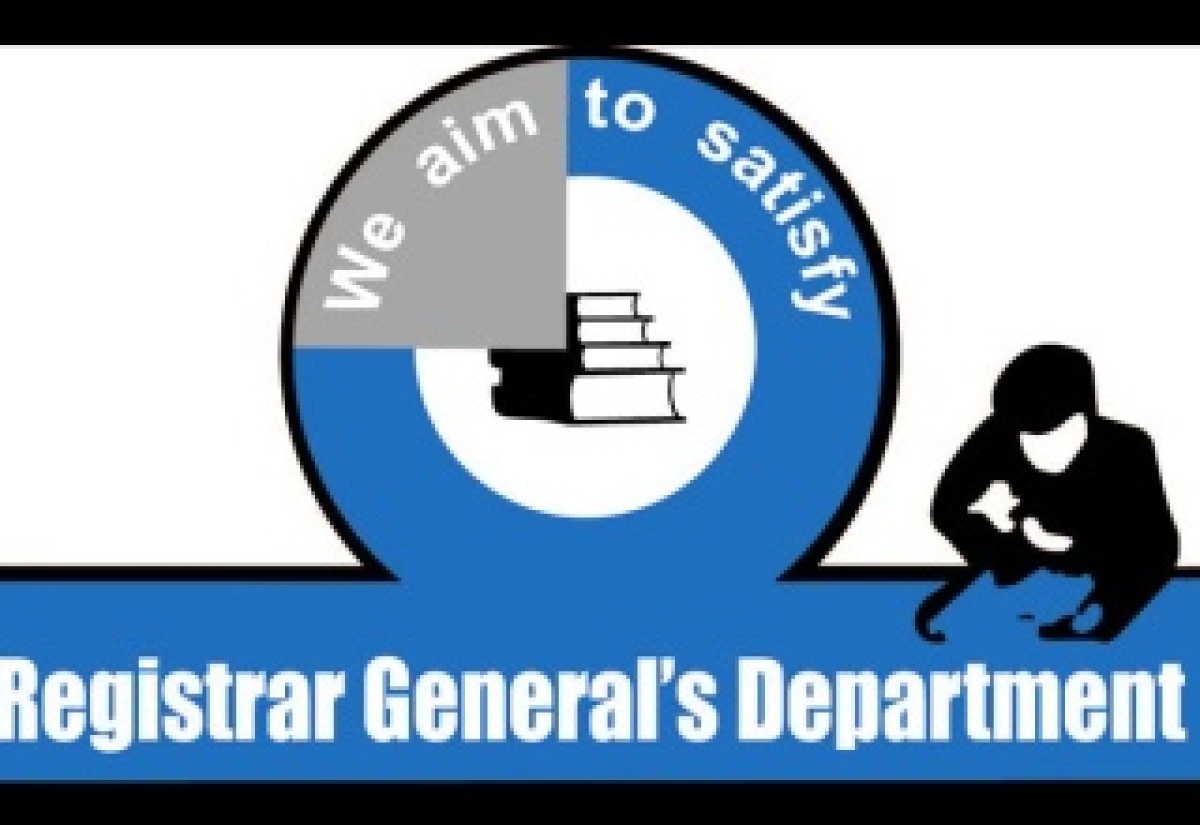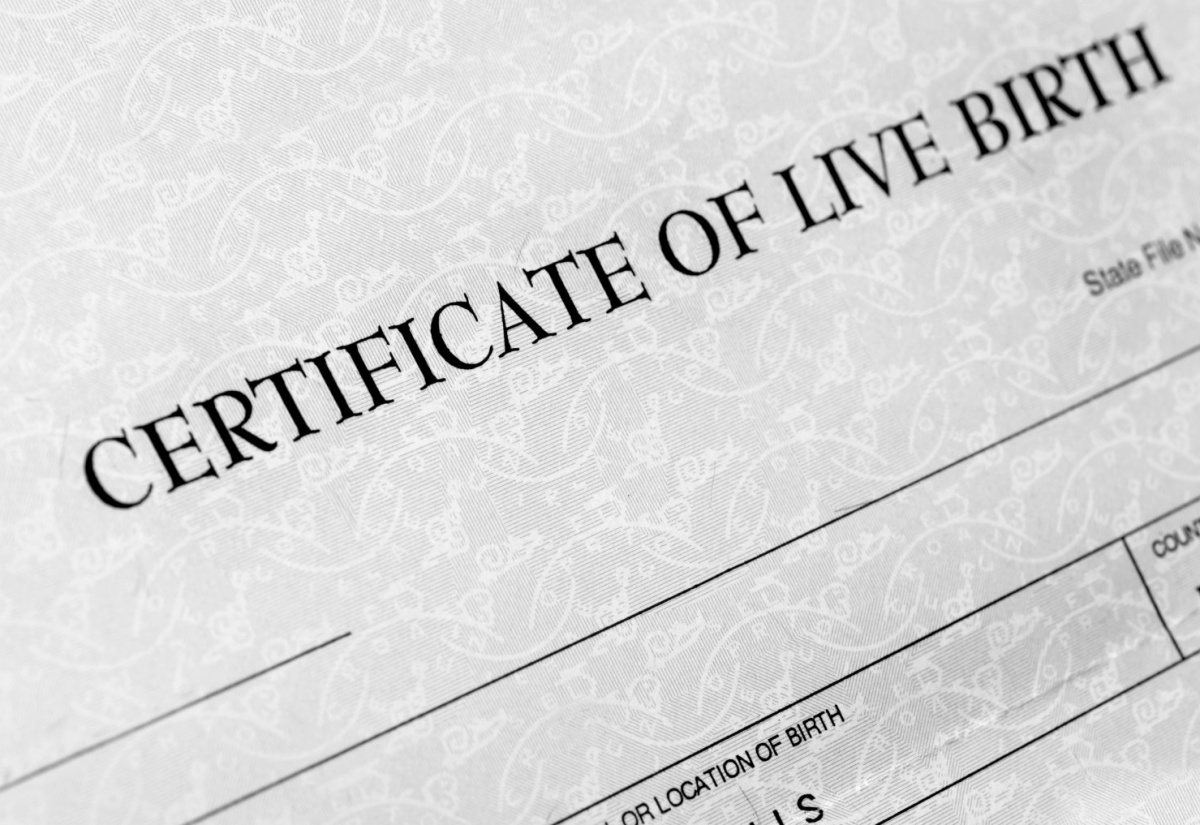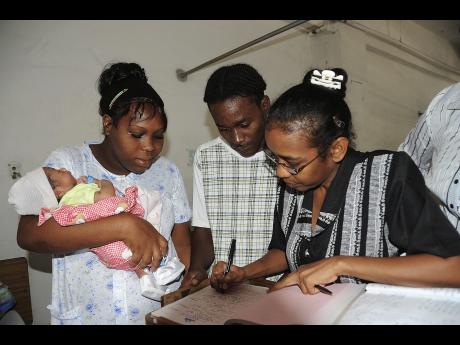1970s
Early discussions for a National Registration System for Jamaica.
1990
The Electoral Advisory Committee (EAC) made recommendations to the Minister of Justice for the establishment of a body to implement a National Registration System.
1993
Cabinet approved the establishment of a National Registration Unit in the Ministry of Health by way of Cabinet Decision No. 33/1993.
1995
Cabinet by way of Cabinet Decision No. 45/1995 gave approval for tabling of a National Registration Bill.
2000
National Registration Bill tabled in Parliament.
2006
Cabinet approved proposal for implementation of NIDS as well as amendments to the existing draft National Registration Bill by way of Cabinet Decision No. 12/2006. The Bill was withdrawn from the Parliament for redrafting and resubmission.
2008
Cabinet Decision No. 40/2008 recommitted to the implementation of NIDS by 2010.
2011
July
Approval was given for the National Registration Unit to be transferred from the Ministry of Health to the Office of the Prime Minister.
September
Government of Jamaica (GOJ) received a US$670K grant from the IDB to commence preparatory work.
December
Cabinet Decision No. 48/2011 gave approval for the development of a NIDS Policy.
2012
eGov Jamaica Limited (then Fiscal Services Ltd.) entered into an Memorandum of Understanding with GOJ to provide technical input on the management of the ICT consultancy required to design the NIDS architecture.
2013
NIDS Green Paper Policy Consultation Plan developed.
2016
October
Cabinet approved NIDS Policy for tabling in Parliament as a White Paper Cabinet Decision No. 34/2016.
November
NIDS White Paper tabled in Parliament.
2017
April
Two stage procurement process commenced for NIDS solution.
June
The Most Honourable Andrew Holness, Prime Minister opened the debate on the National Identification and Registration Bill in Parliament.
September
The Bill passed in the Lower House.
November
The Bill passed in the Senate. The Opposition was not present.
December
The Inter-American Development Bank (IDB) approved a US$68million loan to GOJ for the NIDS.
2018
February
Signed loan agreement.
April
Second stage of procurement of NIDS solution.
May
Action filed by Mr. Julian Robinson, General Secretary of the PNP in the Supreme Court seeking declaration that sections of the NIR Act (2017) are unconstitutional.
October
Supreme Court Hearing.
2019
March
Cabinet approved award of contract to Productive Business Solution (PBS) to provide NIDS Solution.
April
Supreme Court Ruling – NIR Act 2017 deemed “null and void” and of no legal effect.
2020
April
New NIDS Policy approved.
December
NIR Act, 2020 tabled. Joint Select Committee formed to review the new Bill.
2021
July
Report of the Joint Select Committee tabled in the House of Representatives. NIR Act, 2021 tabled.
October
NIR Act, 2021 passed in the Senate.
2022
January
The Most Honourable Andrew Holness, Prime Minister toured the NIDS Card Production facility.
May
Design of the National Identification Card unveiled in House of Representatives.
June
Memorandum of Understanding signed with Deposit Taking Institutions (DTIs) to participate in the pilot of the NIDS.
December
Technical Pilot launched. First enrollment center and NIDS Card Personalisation Centre opened.
2023
January
Regulations tabled.
2024
January
The National Identification and Registration Act, 2021 (Appointed Day) Notice was gazetted on January 29, 2024, establishing the National Identification and Registration Authority and the National Identification and Registration Inspectorate.
March
Announcement of the names of appointed members of the Authority (NIRA Board).











